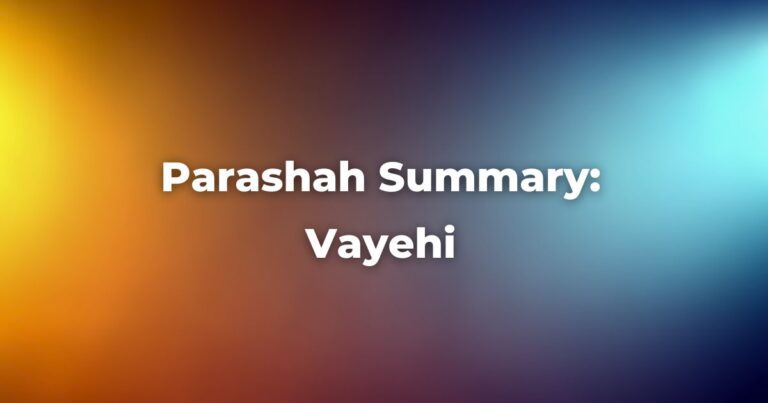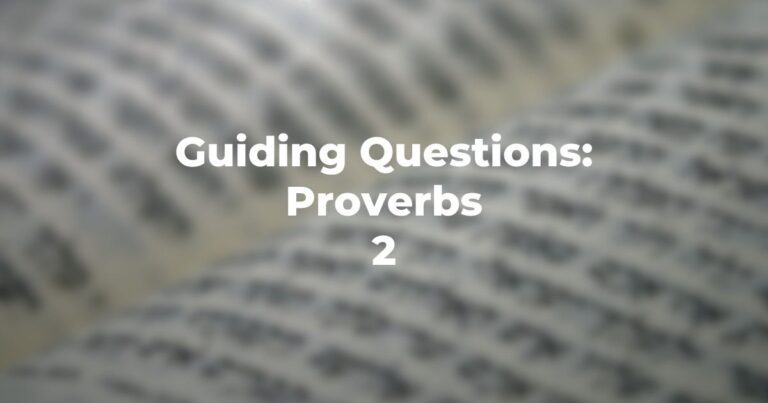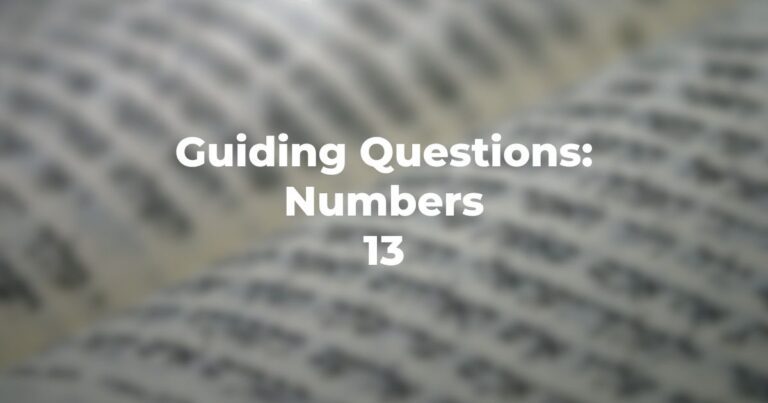- To whom is Elihu replying in Job 34:1? Or is this the continuation of his speech?
- Explain the metaphor and simile in Job 34:3.
- What is Elihu suggesting about understanding God’s justice in Job 34:4?
- Is Elihu’s appraisal of Job fair or is he sardonic (Job 34:7-9)?
- Is Elihu’s understanding of God’s justice in keeping with the traditional Jewish view (Job 34:11-15)? Is he implying that Job deserved the calamity that befell him?
- What additional aspects of God’s justice does Elihu describe in Job 34:17-21? Is there support for this statement in other parts of the Bible and in Jewish liturgy? Compare Ecclesiastes and “Unetaneh tokef” in the Musaf of the High Holidays.
- What does he say about the wicked that contradicts Job’s claim (Job 34:23-27)?
- How does Elihu respond to Job’s complaint that God lacks compassion (Job 34:28)?
- In Job 34:29, does Elihu imply that there are times when God seems unconcerned with the affairs of humanity? Compare Deuteronomy 31:17-18.
- Other versions render Job 34:31-32 as a statement rather than a question. Which is more accurate?
- What is Elihu’s admonition to Job in the final verses (Job 34:33-37) and what is your opinion of it?
- Thus far, has Elihu provided more comfort to Job than the other friends did?
Author
-

Exploring Judaism is the digital home for Conservative/Masorti Judaism, embracing the beauty and complexity of Judaism, and our personal search for meaning, learning, and connecting. Our goal is to create content based on three core framing: Meaning-Making (Why?), Practical Living (How?), and Explainers (What?).
View all posts





